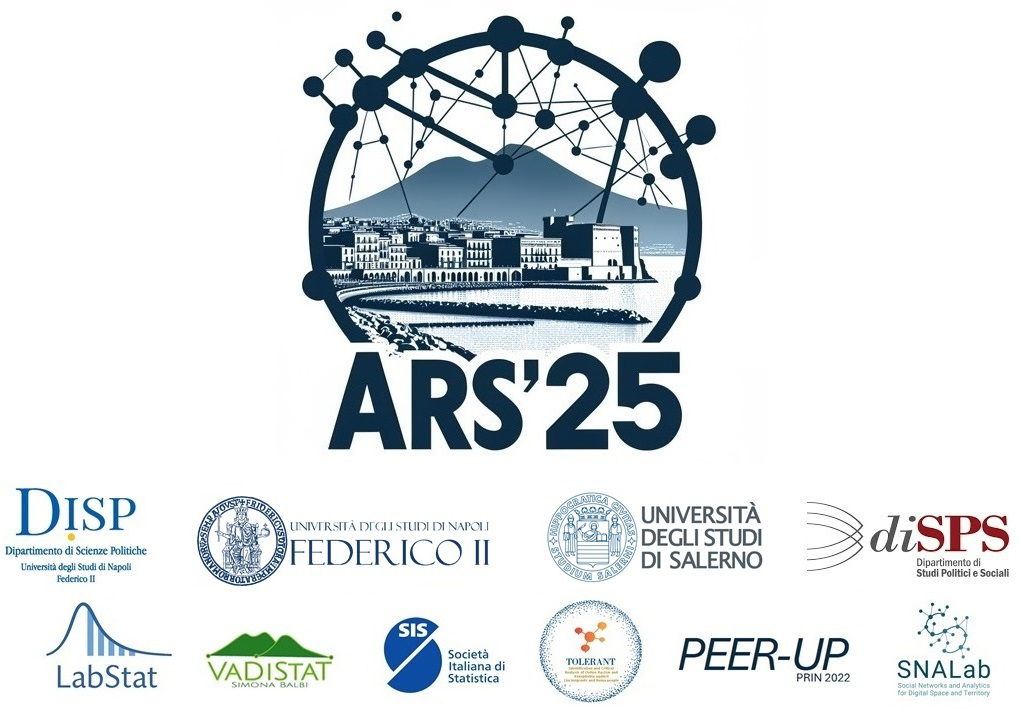Speaker
Description
Collaboration is a fundamental feature of crime that is defined as organized. Despite considerable research focusing on collaboration within organized crime groups in recent years, only a few studies have examined cooperation between members of different groups or clans of large criminal organizations. Collaboration facilitates coordination and resource acquisition, yet it is challenged by the inherent lack of trust characterizing the criminal environment. This study contributes to the literature by investigating dynamics of collaboration among members of different ‘Ndrangheta clans, known as locali. Specifically, it adopts a multiplex approach to examine the factors associated with collaboration both within and among locali, emphasizing the role of kinship compared to the one of leadership and shared membership, proxies for the formal organizational structure. Data were collected from three major Italian law enforcement investigations targeting multiple ‘Ndrangheta locali and analyzed using multiplexity-related descriptive statistics and quasi-Poisson multivariate quadratic assignment procedure regressions to test the hypotheses. The findings suggest that while the formal hierarchy is primarily associated with collaboration across locali, kinship fosters cooperation within locali, also showing some indirect association in inter-locali interactions.
Keywords/Topics
organized crime, 'Ndrangheta, criminal collaboration

